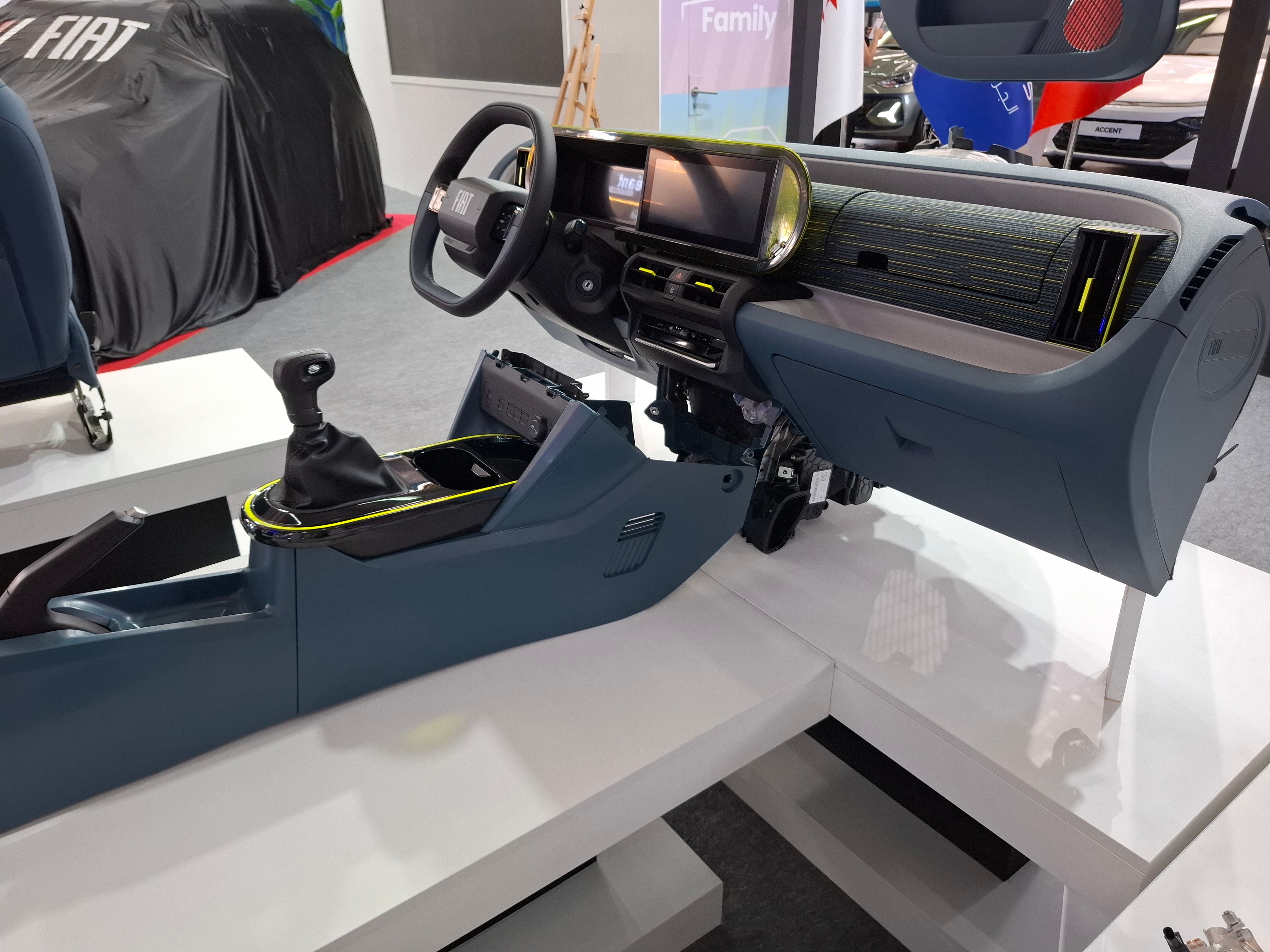ALGIERS – The future of Africa’s integrated automotive industry hinges on the finalisation of continental Rules of Origin, with a pivotal ministerial meeting in Cairo next month set to determine the threshold for local content.
The current proposal, which has garnered significant support from industry bodies and manufacturers, recommends vehicles must contain at least 40% African-sourced components to qualify for preferential trade terms under the African Continental Free Trade Area (AfCFTA). This provision is widely seen as the key to unlocking regional value chains and attracting long-term investment.
The call for clarity was a central theme at the recent Auto Forum during the Intra-African Trade Fair. Industry leaders emphasised that without an agreed-upon rule, manufacturers cannot plan investments with certainty.
The 40% threshold is designed to incentivise production and assembly within Africa, moving the continent from being a primary importer of vehicles to a producer and exporter.

Locally sourced parts for the Fiat Panda
“We are simply talking the local content of cars manufactured in Africa, for Africa and without agreement on the 40% threshold manufacturers cannot plan investment with certainty,” said Victoria Backhaus-Jerling, CEO of thr African Association of Automotive Manufacturers. “This single provision is the key to integrating regional value chains and attracting long term commitments. We really hope – and are very confident – these rules of origin, which still is not in place, will be sorted out soon, hopefully at the ministerial retreat in Cairo, in 10 days.”
The African Export-Import Bank (Afreximbank) has already launched a $1-billion facility to support automotive sector investments aligned with the AfCFTA's Rules of Origin. However, the fund remains underutilised, partly due to the pending final agreement on these rules.
A continental value chain study, commissioned by Afreximbank, reveals significant opportunities for specialisation. For example, Ethiopia’s strong base in leather processing could be scaled to supply upholstery, while Ghana and Côte d’Ivoire’s rubber industries could become hubs for tyre production. South Africa’s expertise in catalytic converters and component manufacturing could supply specialised parts, and Algeria’s growing assembly plants could serve as a hub for vehicles destined for African and global markets.
In such a system, instead of importing parts from Asia and Europe, African countries could trade with each other, creating jobs and strengthening small and medium-sized enterprises across multiple value chains.
The AfCFTA ministerial retreat in Cairo on September 15 is now viewed as a critical deadline for resolving this issue. The outcome is expected to send a clear signal to global investors and OEMs about Africa’s commitment to building a cohesive and competitive automotive industry. The success of this single provision is considered fundamental to integrating regional value chains and fostering the continent's industrialisation.
Colin Windell for Colin-on-Cars in association with
proudly CHANGECARS












